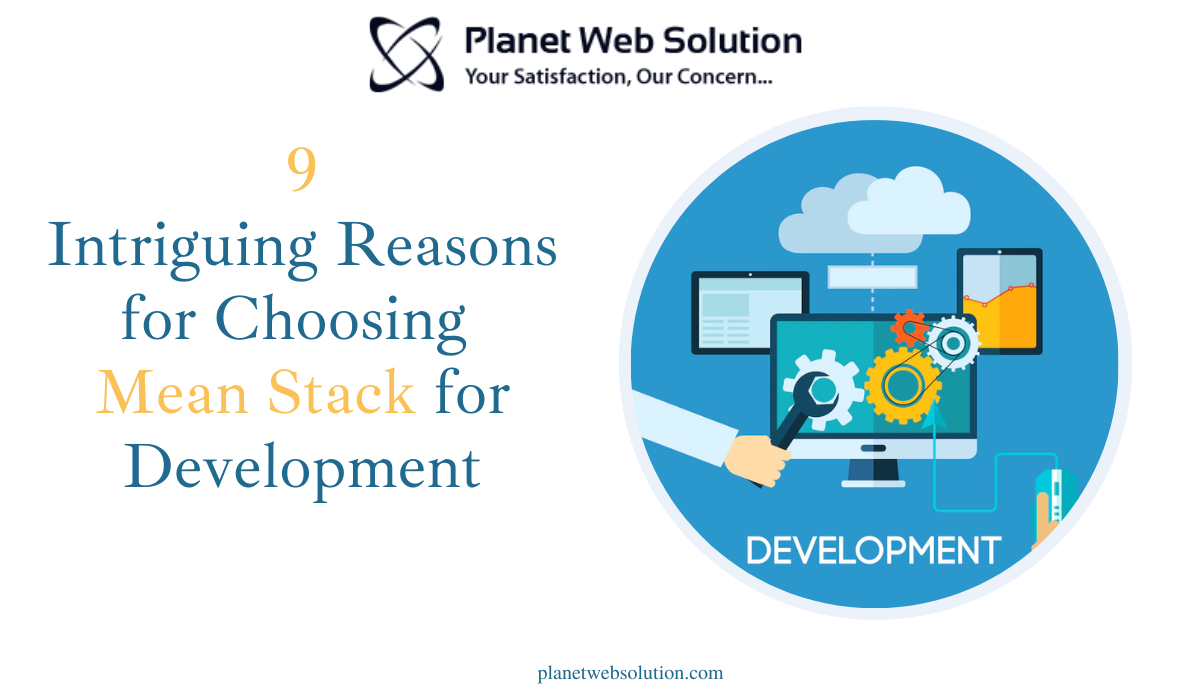The IT industry is undergoing rapid development, so developers must keep abreast of the technology they use for their projects. That is why the idea of a “technology stack” exists, and it is a collection of technologies and languages to produce the best development outcomes and high application performance.
You must create each project’s client and server sides and incorporate a database. The essential characteristic of a successful tech stack is that the technologies used for each component work effectively together. The problem is that some databases do not support specific languages.
A “Stack” is a collection of many software programs and computer languages to produce intelligent web or mobile applications. To enable a quicker and more dynamic web development process, software companies are now employing the strategy of combining diverse technologies.
For instance, the software bundle LAMP, which stands for Linux, Apache, MySQL, PHP, PERL, or Python, comprises these components (server-side scripting language).
Similar to this, there is a new technology stack that is highly well-liked by developers because of its potential for innovation in web development. The MEAN stack is it. What is MEAN stack, and why is it so well-liked, then?
What is MEAN Stack?
MEAN stands for MongoDB (a database system), ExpressJS (a backend web framework), AngularJS (a front-end framework), and NodeJS (a server-side framework). These technologies were developed at different times.
Today, however, they have been combined to create the MEAN stack, and the rationale is self-evident. The thread that connects is JavaScript, and JavaScript is a dynamic programming language for the creation of client-side and server-side web applications.
Why Use MEAN Stack?
Here, I’ll outline nine fascinating arguments for software engineers and businesses to select the MEAN stack.
Single-language Growth
Due to the usage of a single language for client-side and server-side development, the MEAN stack is preferred by the mean stack development company above other alternatives. These technologies are developed in JavaScript, streamlining the web development process.
MongoDB
The most crucial component in any app is the ability to render and store data. When it’s required to handle massive amounts of data, MongoDB is an excellent database system option. In contrast to other databases, MongoDB makes updating all of the data easier.
Express JS
Express is a backend framework that gives us a more user-friendly interface for creating/requesting endpoints and handling cookies, among other things. Some of the critical components of the Express framework are listed below.
- Enables middleware to be configured to reply to HTTP requests.
- Establishes a routing table to carry out various HTTP Methods and URL operations.
- enables dynamic HTML page rendering by supplying variables to templates
Angular JS
A front-end JavaScript development framework for creating single-page applications is called Angular.js. The client-side can be enhanced with rich, collaborative AJAX-driven components and functionality using Angular. AngularJS’s ability to create single-page applications, which do not require users to continuously refresh the pages while checking out, is a modern feature.
Node JS
Node.js is a compelling JavaScript-based framework and platform built on the JavaScript V8 Engine found in Google Chrome. It is used to create input output-intensive web applications, such as single-page programs and websites that stream video.
Because it was created in JavaScript, NodeJS is a fantastic option for Real-Time applications because it is open-source and cross-platform. Another benefit of NodeJS is that it can be made on any OS with simplicity and operates at the same speed on Windows, OS X, and Linux.
Javascript Object Notation (JSON) is Used Everywhere
MongoDB stores data in the JSON format, as do AngularJS and NodeJS. More extensive projects benefit significantly from it. So JSON is used across the entire application, and data doesn’t need to be reformatted.
Budget-Friendly
Any firm can create MEAN Stack applications without having to recruit various professionals to work on separate projects. Just a few JavaScript professionals are required to manage the entire system from beginning to end.
Because the MEAN stack components are free and the application can operate on any server, the deployment costs are lower for MEAN stack-developed applications.
This method will simplify switching between front-end frameworks, such as ReactJS, Vue, and various Angular versions, without affecting the backend systems and logic.
Components That Are Free and Open-source
Since all of the MEAN stack’s components are open-source and frequently updated, website development company can modify the code to suit their needs. Furthermore, NodeJS offers a substantial library of JavaScript modules.
Worldwide Community Assistance
Continuous support from the top companies in the field and several communities, like AngularJS, NodeJS, and MongoDB. For instance, MongoDB is the leading supplier of NoSQL databases. The top 8 hosting providers in the world offer native support for NodeJS, and large companies like Google back AngularJS. The NPM package ecosystem, the biggest ever, aids in packaging the solutions.



